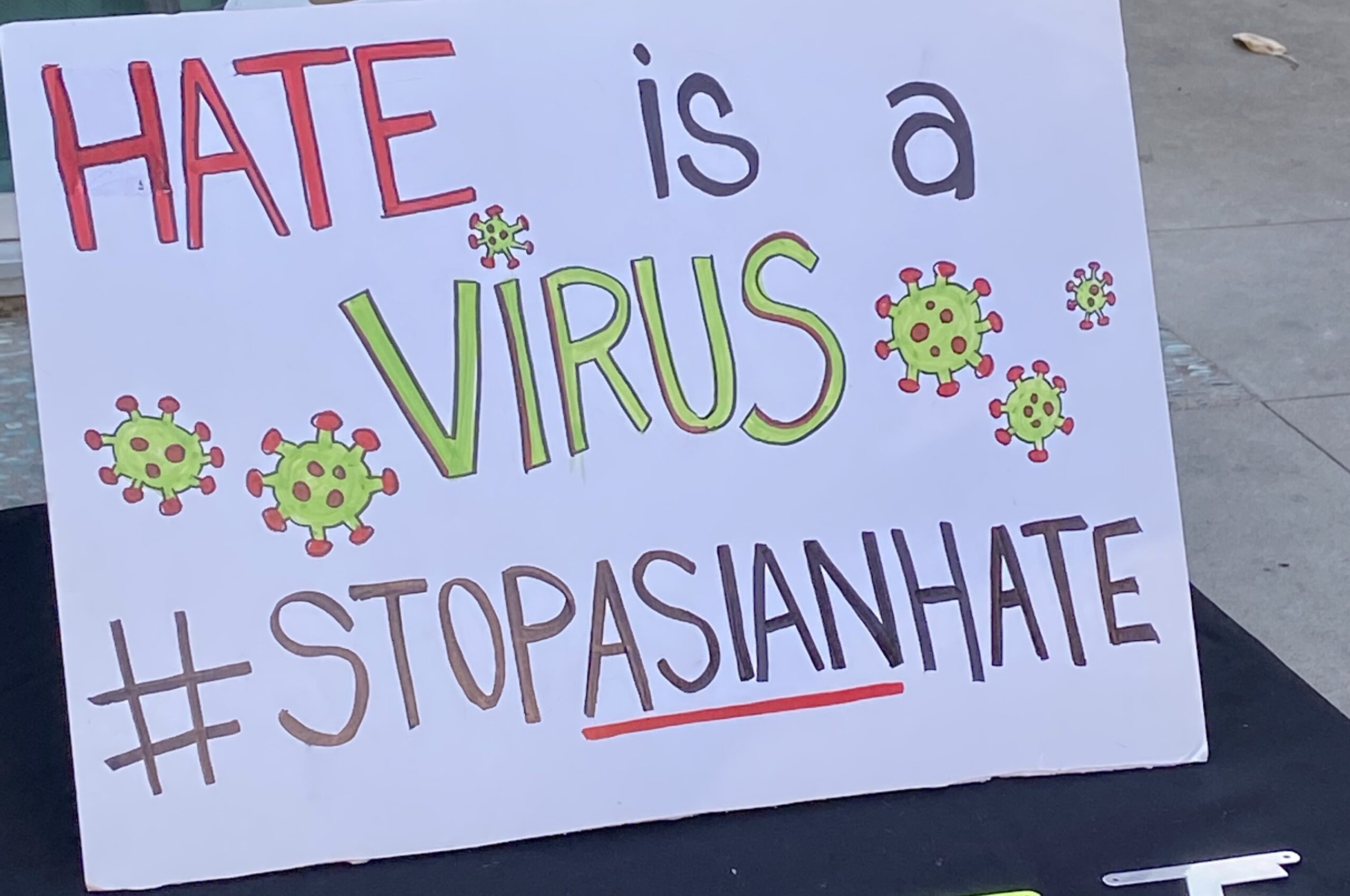
By Bobby T. Rimas
SO far this year, America has seen many great moments of more diverse representation than ever before with Deb Haaland, the first Native American United States Interior Secretary, Xavier Becerra, the first Latino U.S. Health and Human Services Secretary, and Dr. Rachel Levine, the first openly transgender U.S. Assistant Secretary for Health.
The list of firsts continues as does its profound impact on several fronts such as our nation’s youth who are inspired to see themselves represented in some of the highest positions of power in our country and who too often believe that they must “see it to be it.”
However, despite more diverse representation, hate and violence against the Asian American and Pacific Islander (“AAPI”) community have increased 150% in 2020.
Recent news from across the country reflects that hate and violence against the AAPI community are still on the rise which includes the March 16, 2021 shootings in Atlanta, Georgia, where six out of eight individuals were of Asian descent.
There has been taped surveillance footage from New York City to San Francisco and beyond that horrifically display scenes of AAPI individuals being physically attacked for what is apparently no other reason than their heritage.
According to Stop AAPI Hate’s national report, from March 19, 2020 to February 28, 2021, there have been 3,795 incidents of hate committed against the AAPI community. It is even more sobering to know that “(t)he number of hate incidents reported…represent only a fraction of the number…that actually occur, but it does show how vulnerable Asian Americans are to discrimination, and the types of discrimination they face.”
From the infamous Chinese Massacre and Chinese Exclusion Act of the late 1800s to the 1930 Watsonville Riots where Filipino farmworkers were attacked to the internment of Japanese Americans during the 1940s, the AAPI community is no stranger to violence and discrimination.
In recent decades, the AAPI community has experienced the stigma of the “model minority” stereotype. According to National Public Radio’s Kat Chow, “Since the end of World War II, many white people have used Asian Americans and their perceived collective success as a racial wedge. The effect? Minimizing the role racism plays in the persistent struggles of other racial/ethnic minority groups — especially black Americans.”
While there is some good news regarding AAPI representation in the legal industry as reported by the Institute for Inclusion in the Legal Profession’s 2019-2020 State of Diversity and Inclusion report, they pointed out that “Today, after more than 50 years of equal opportunity programs, 72% of senior management positions are occupied by white males, who now constitute 54% of the total work force. Asian Pacific Americans are 21% of top management ranks… Race, ethnicity, color, and gender continue to determine how we are seen or understood most immediately by others. And contrary to speculation during the Obama presidency that America was experiencing a ‘post-racial’ era, according to a recent NBC poll, a majority of Americans believe race relations are actually getting worse.”
For about a year, many credible sources have specified that the rapid increase of the hate and violence aimed at the AAPI community stems from the rhetoric and misconceptions of the COVID-19 pandemic that can sometimes be associated with the incorrectly termed “Chinese Virus.” Most of us know that America can do better.
You can be a positive agent of change to help dismantle AAPI hate by doing one or more of the following:
• reject all negative stereotypes of the AAPI community;
• contact your local, state, or national political officials to see what they are doing about the drastic increase in violence towards the AAPI community;
• support organizations that openly advocate for the AAPI community and businesses;
• support organizations that advocate for diversity, equity and inclusion;
• speak out against and report hate crimes;
• participate in a neighborhood watch group that has zero tolerance for hate and violence;
• participate in seminars or webinars that discuss solutions to hate and violence;
• learn about the historical origins of Asian American hate;
• consider asking your employer or favorite organization if they will issue a “statement of solidarity” with the AAPI community; and
• bring awareness of the hate and violence towards the AAPI community within your network and discuss how you can be part of the solution.
It is comforting to know that United States President Joe Biden recently stated that “Across our nation, an outpouring of grief and outrage continues at the horrific violence and xenophobia perpetrated against Asian American communities…anti-Asian violence and xenophobia is wrong, it’s un-American, and it must stop. Our silence is complicity. We cannot be complicit. We have to speak out. We have to act.”
It is important to note that the White House is taking actions to respond to AAPI violence and hate. However, much more needs to be done at the state and local levels.
Please consider being a part of the solution for a better America. Let us stand in solidarity against hate.
* * *
The opinions, beliefs and viewpoints expressed by the author do not necessarily reflect the opinions, beliefs and viewpoints of the Asian Journal, its management, editorial board and staff.
* * *
Bobby T. Rimas is an Associate Professor at California State University, Los Angeles and a Paralegal for a bank in Pasadena, California. A native son of Palm Springs, California and a graduate of the University of California, Los Angeles (UCLA), Mr. Rimas previously served as President/Chair of the UCLA Pilipino Alumni Association for 2 years and was President of the Los Angeles Paralegal Association for 6 years. He currently is a Board Member for the UCLA Lambda LGBTQ+ Alumni Association and is a member of the National Association of Legal Assistants’ Diversity, Equity, and Inclusion Committee.







